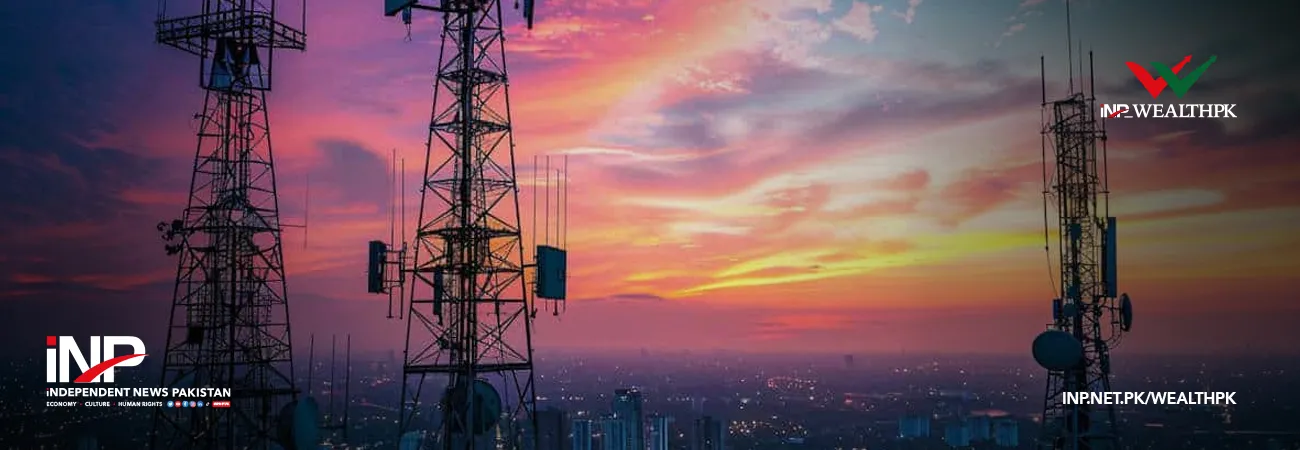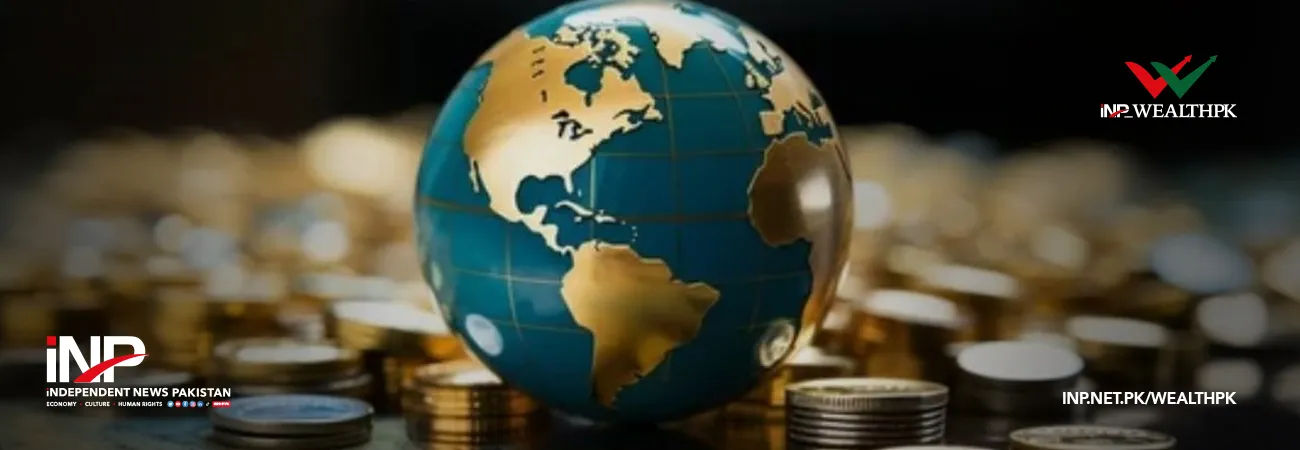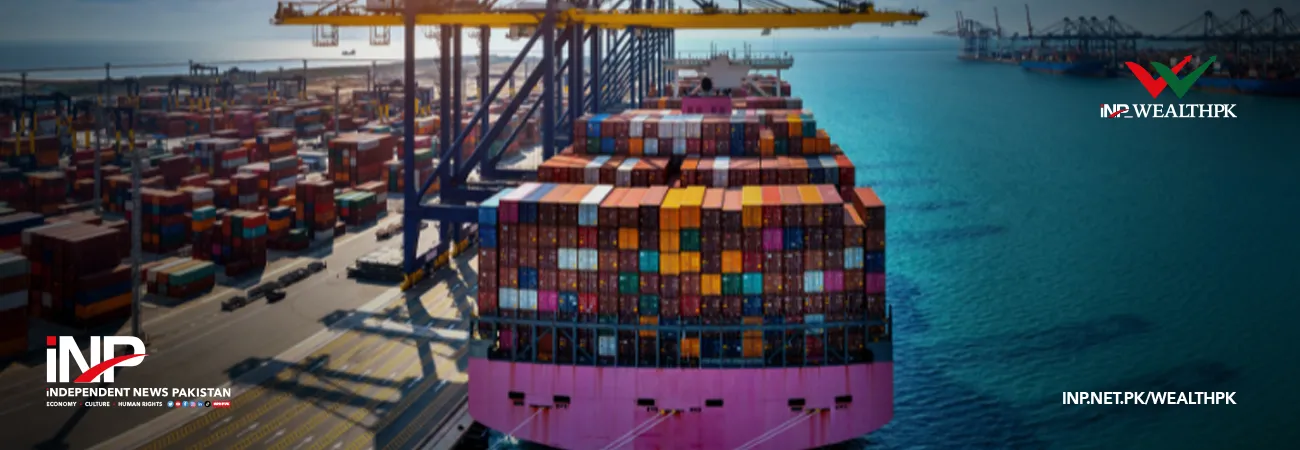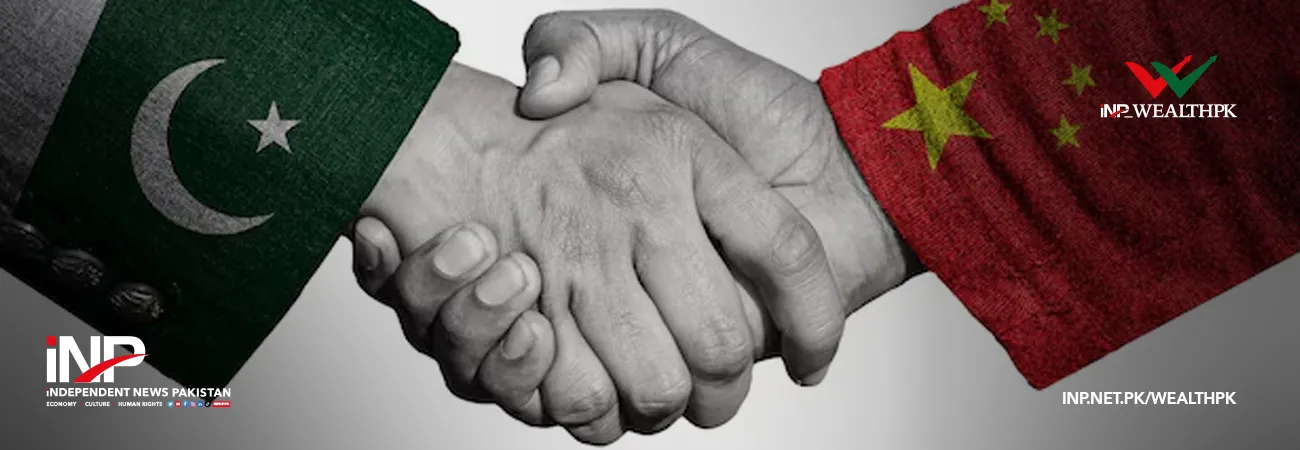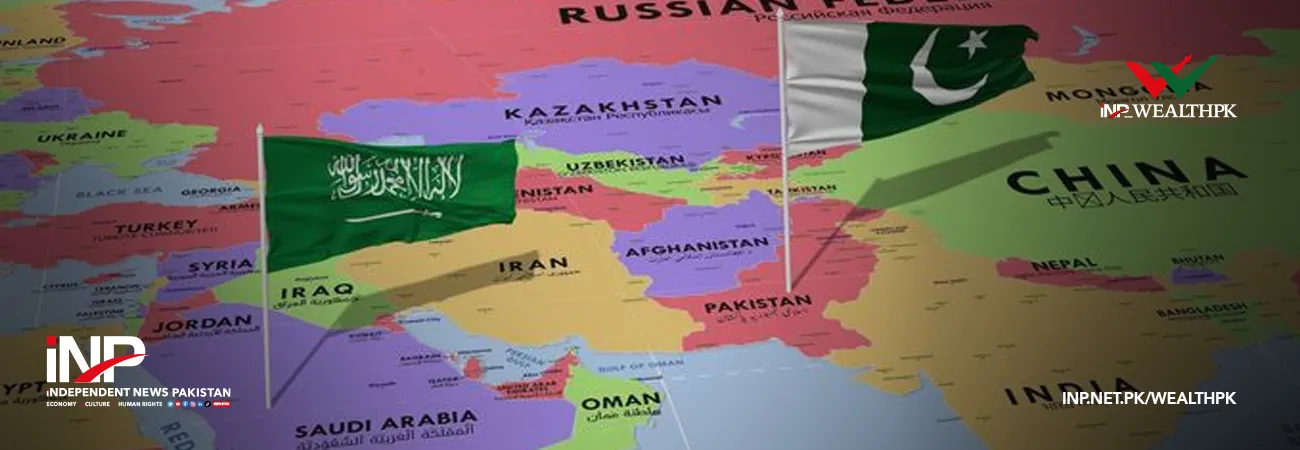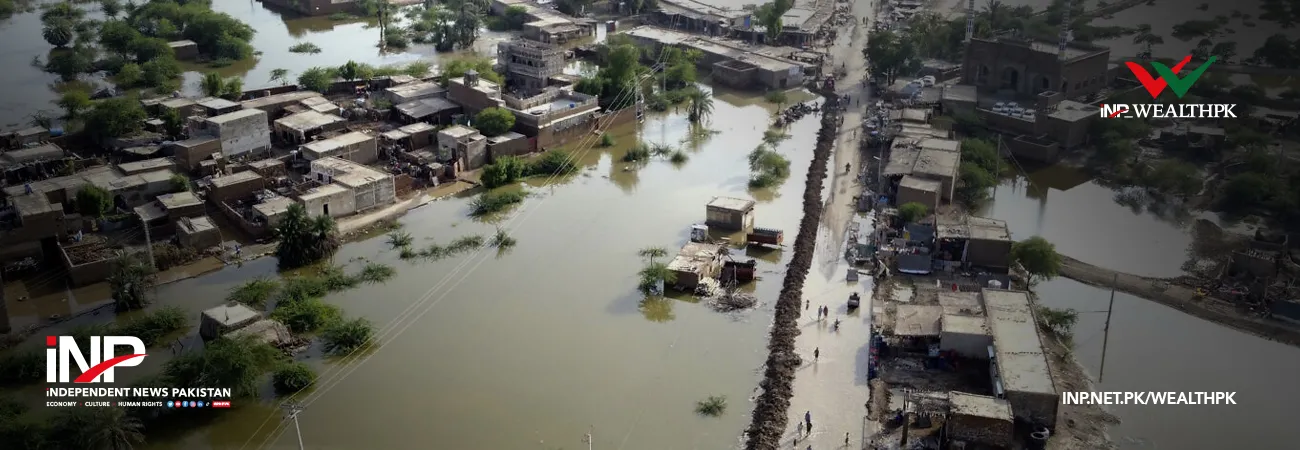آئی این پی ویلتھ پی کے
Amir Saeed
The Universal Service Fund’s solar-driven telecom projects are enabling remote Pakistani villages to access reliable digital services, promoting inclusive development and empowering underserved communities, reports WealthPK.
The Universal Service Fund (USF), operating under the Ministry of Information Technology and Telecommunication, is leading a major initiative to bring solar-powered telecom infrastructure to some of the country’s most remote and underserved villages, significantly advancing digital inclusion, as highlighted in the Pakistan Economic Survey 2024-25.
The Fund’s initiatives focus on two main pillars: voice and high-speed broadband data services, and backhaul services. These projects rely primarily on solar energy, ensuring sustainable and reliable connectivity in areas where grid electricity is either scarce or unreliable.
Between July and March of FY2025, the Fund extended voice and broadband coverage to a combined population of over 525,000 people across Balochistan, Khyber Pakhtunkhwa, Sindh, and Punjab. In Balochistan alone, 125 mauzas and 84.17 kilometers of previously unserved road segments along National Highway M-8 were covered, benefiting 108,367 residents with an allocated subsidy of Rs2.56 billion.
Similarly, in Khyber Pakhtunkhwa, coverage was expanded to 33 mauzas and 37.43 kilometers of road along N35, reaching 24,647 people with Rs625 million in subsidies. Sindh and Punjab also saw substantial population coverage with subsidies of Rs1.74 billion and Rs250 million, respectively.
On the backhaul front, the Fund deployed optical fibre cable (OFC) to strengthen the digital backbone. In Khyber Pakhtunkhwa, for example, 577 kilometers of OFC were laid, establishing 76 nodes and supporting connectivity to numerous BTS sites with subsidies exceeding Rs1 billion. Balochistan, Sindh, and Punjab also witnessed significant OFC deployments, further enhancing network reach and quality.
These solar-powered projects not only provide affordable and sustainable ICT services but also empower rural communities by connecting them to education, healthcare, and economic opportunities. By bridging the digital divide, the USF’s efforts are playing a crucial role in driving Pakistan’s socio-economic development and advancing national and global commitments under the Sustainable Development Goals.
Speaking to WealthPK, Aatizaz Hussain, a digital inclusion expert and researcher, highlighted the critical role of the USF’s solar-powered telecom projects in empowering rural communities through digital access. He noted, “While infrastructure expansion is vital, true digital inclusion hinges on ensuring that rural populations can meaningfully engage with technology to improve their lives.”
Hussain emphasized that these projects must be complemented by targeted digital literacy programs that address the low confidence and skills gap prevalent in rural areas, where only about 28% of residents feel comfortable using digital platforms. He also underscored the importance of addressing gender disparities in digital access, noting that rural women remain disproportionately offline due to socio-economic and cultural barriers.
“Bridging the digital divide requires not only connectivity but also inclusive policies that empower women and marginalized groups to participate fully in the digital economy,” he said. He stressed that solar-powered connectivity lays the groundwork for such inclusion by providing reliable access, but sustained engagement through education and community outreach is essential to translate connectivity into real socio-economic benefits.
Furthermore, he argued that integrating digital services tailored to rural needs — such as telemedicine, e-agriculture, and online education — will maximize the impact of these projects. Digital inclusion is a multi-dimensional challenge that goes beyond infrastructure; it is about creating an ecosystem where rural communities can thrive both digitally and socially.
Credit: INP-WealthPk


